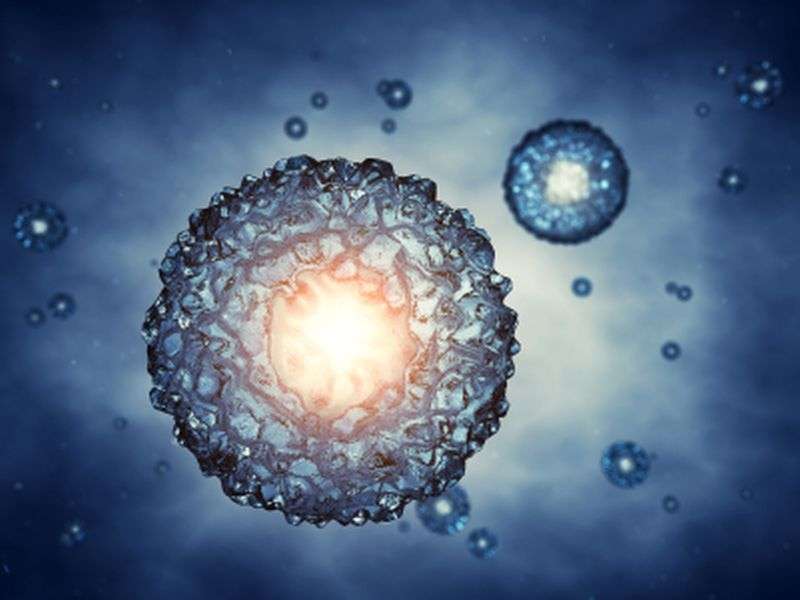(HealthDay)—For a small number of women with a rare form of infertility, mutations in a particular gene may be the cause, according to a study published in the Jan. 21 issue of the New England Journal of Medicine.
Lei Wang, Ph.D., an associate professor at Fudan University in Shanghai, and colleagues looked at 24 families in which women had sought infertility treatment. All were found to have oocytes that stopped maturing at meiosis I. According to the experimental data, in seven of the 24 families, affected women carried mutations in the TUBB8 gene, which regulates a protein that appears essential for normal oocyte development.
Wang told HealthDay that the mutations were inherited from the father in five of the families, and arose spontaneously in the other two. Once they identified the gene, the researchers used experiments with oocytes—from mice and humans—to prove that the TUBB8 mutations do halt oocyte maturation.
"The practical implication of our discovery is that it will now be possible to screen women who seek [infertility] treatment using a simple DNA-based test," Wang said. If they carry any of the implicated TUBB8 mutations, he said, "they can spare themselves the expense and discomfort associated with an in vitro fertilization procedure that has little or no chance of success."
More information:
Full Text (subscription or payment may be required)
Editorial (subscription or payment may be required)
Journal information: New England Journal of Medicine
Copyright © 2016 HealthDay. All rights reserved.





















